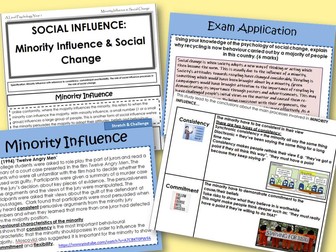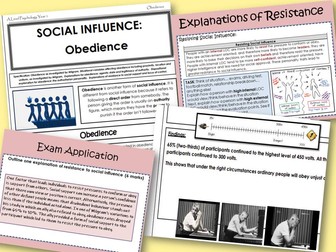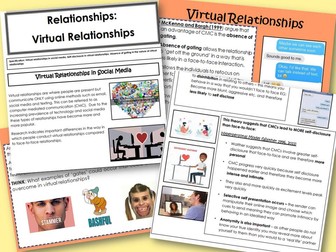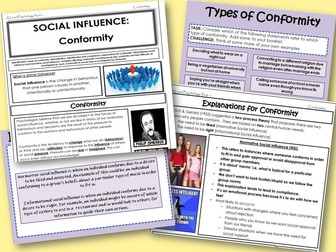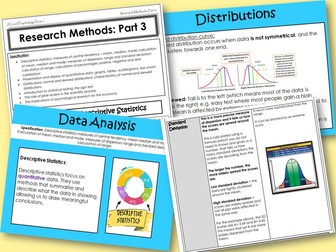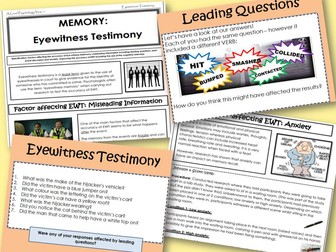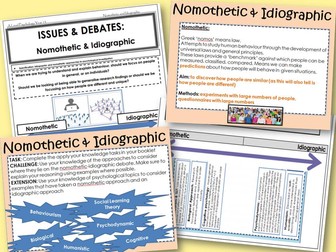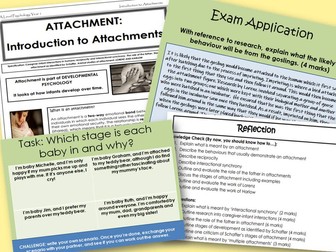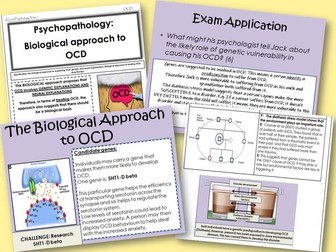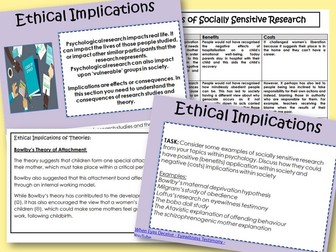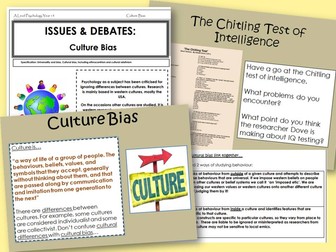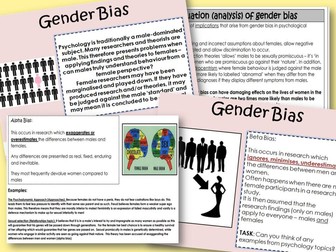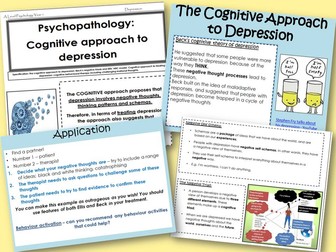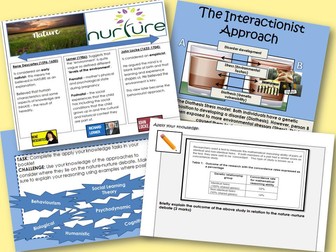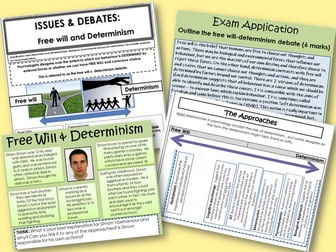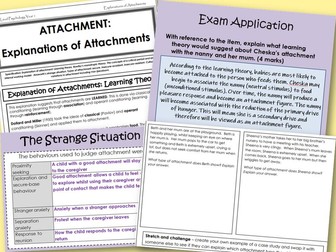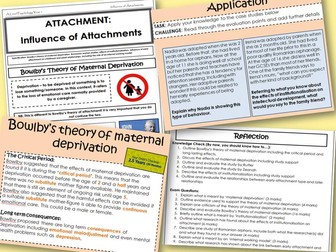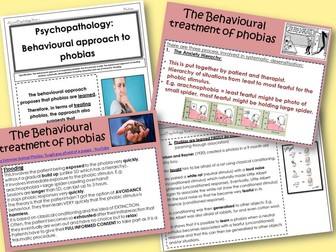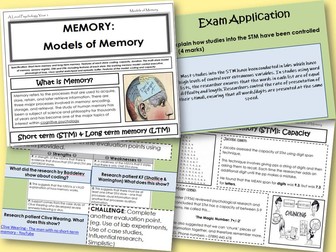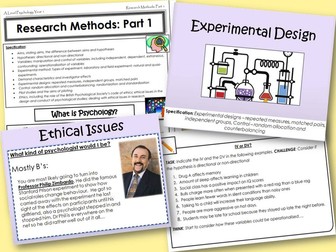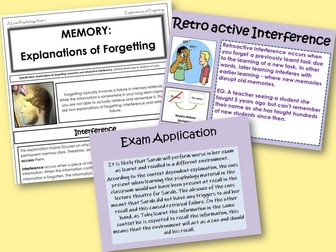Minority Influence & Social Change - Year 1 Social influence - AQA A level Psychology
<p>This lesson covers the ‘Minority Influence and Social change’ as part of the Year 1 social influence section. It includes; Minority influence with reference to consistency, commitment and flexibility. The role of social influence processes in<br />
the role of social change.<br />
It would take around 4 double lessons to deliver.<br />
It consists of a powerpoint and a student work booklet.<br />
There are a range of activities and questions included for students to complete throughout with a knowledge check at the end to assess understanding.<br />
There is also a focus on exam question construction and model paragraphs.<br />
There are two versions of the booklet; student and teacher. For the student booklet, there are blank spaces throughout and students need to copy down any text written in bold/colour on the powerpoints in their booklets. I find that this helps students remember key terms and phrases. The teacher copy is already filled in. Alternatively, this could also be used for students if time was limited.</p>
<p>These lessons are especially good for non-specialist or NQT teachers.</p>
<p><em>Remote Learning Update</em><br />
I believe that these resources are suitable for remote learning. I have been delivering the powerpoints via a virtual classroom (or a pre-recorded voice over) and have just simply added in some interactive quizzes from various external platforms.<br />
I have been giving the students the teacher version of the booklet so that they have suitable notes that link specifically to the lesson although some students still prefer to use the student version and make their own notes.</p>
